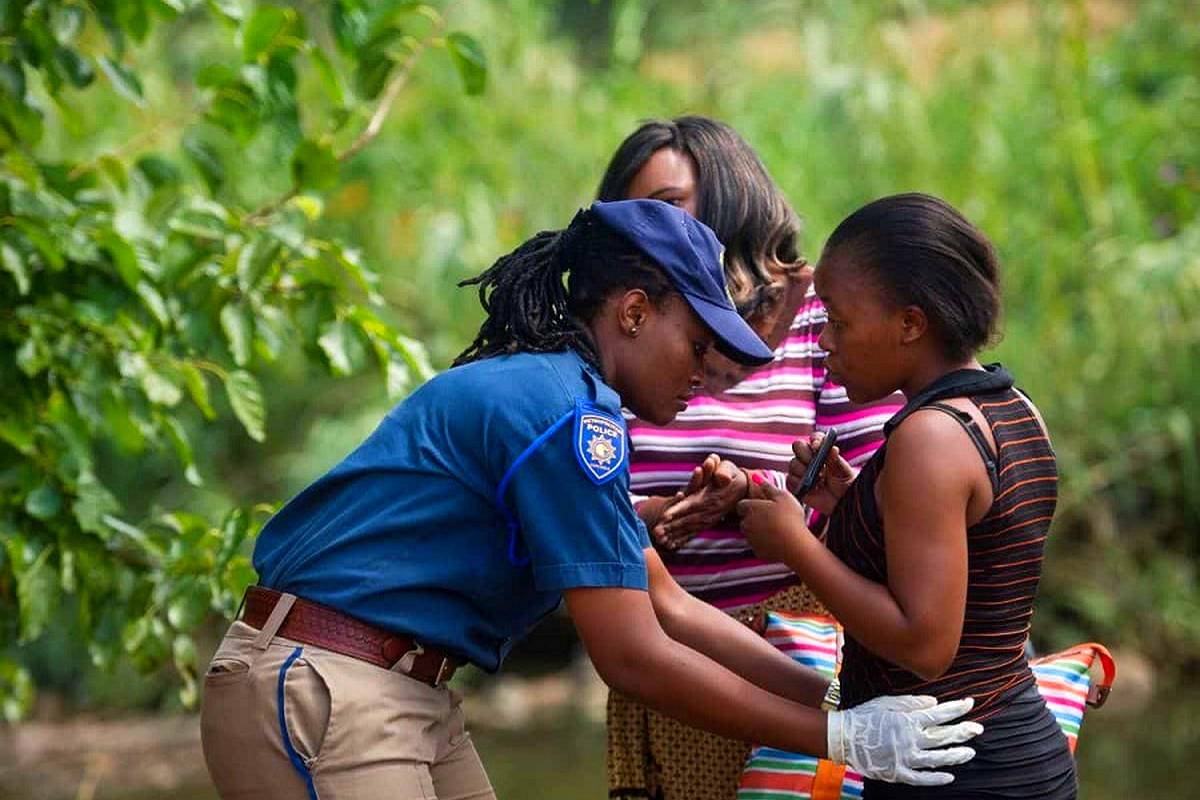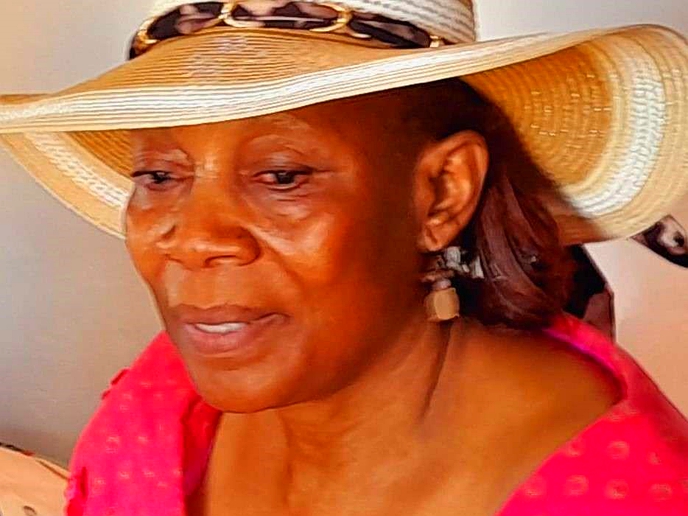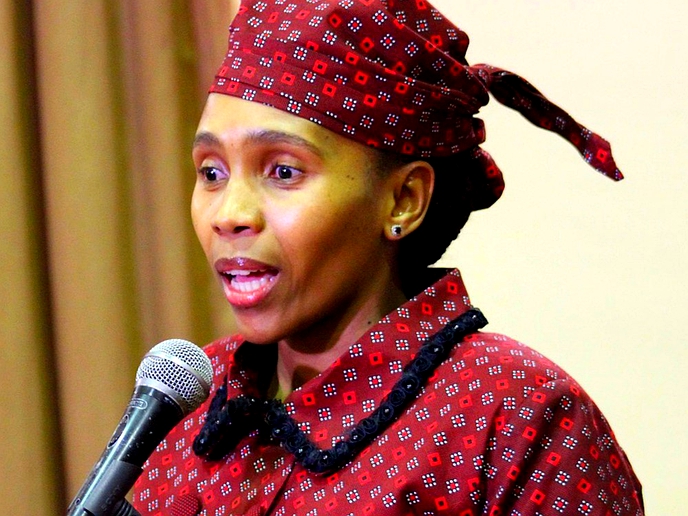THERE is an urgent need to protect the rights of the most vulnerable members of the society as countries maintain or adjust public health measures, emergency legislation and economic policies in response to the COVID-19 pandemic.
health
Jan. 18, 2021
LINEO MABEKEBEKE
2 min read
Sex workers not to be forgotten in COVID-19 response

Sex workers in SA want to be considered as normal workers
Sex workers are among the most marginalised groups and their work has practically ceased as a result of physical distancing and lockdown measures put in place to stop transmission of severe acute respiratory syndrome coronavirus.
A sex worker who operates along the streets of Maseru, Thato Maboee said most of her colleagues, including those who can move their work online, have been financially compromised as they are unable to service their clients due to the health protocols in place.
As with all aspects of health, she said the ability of sex workers to protect themselves against COVID-19 depends on their individual and interpersonal behaviours, their work environment, access to health and social services and broader aspects of the legal and economic environment.
“Stigma and discrimination mean that sex workers might not seek or be eligible for government-led social protection or economic initiatives to support small business,” Ms Maboee said, adding that disruptions and arrests by police are some of the forms of the intensifying stigma and discriminations against the sex workers.
According to the Disabled and HIV/AIDS Organisation Lesotho (DHAOL), a local body that provides comprehensive care and support to people affected and infected by`HIV/AIDS and persons with disabilities in every type of emergency, be it an economic crisis, armed conflict or disease outbreak, cases of Gender based Violence tend to increase.
Qenehelo Rati from DHAOL said another challenge notable during the current lockdown is the acute hunger that is brought about by the closing of some businesses and the resultant unemployment among the people.
“This has among others resulted in some men choosing to do sex work in order to make ends meet,” Mr Rati said.
Lockdowns are forcing sex workers to ignore usual safety norms to make a living, exposing them to increased violence and at times, even murder.
Enjoy our daily newsletter from today
Access exclusive newsletters, along with previews of new media releases.
DHAOL recently held a symposium on gender based violence in the context of COVID-19, with particular focus on female sex workers and men who have sex with other men.
Discussions held were also on the challenges and solutions to end violence against these groups in a COVID-19 world, including available support and adapted measures provided by DHAOL and other relevant stakeholders.
COVID-19 has brought hardships to sex workers in terms of loss of income, police crackdowns and increased violence from both clients and intimate partners.
Tailored for you






